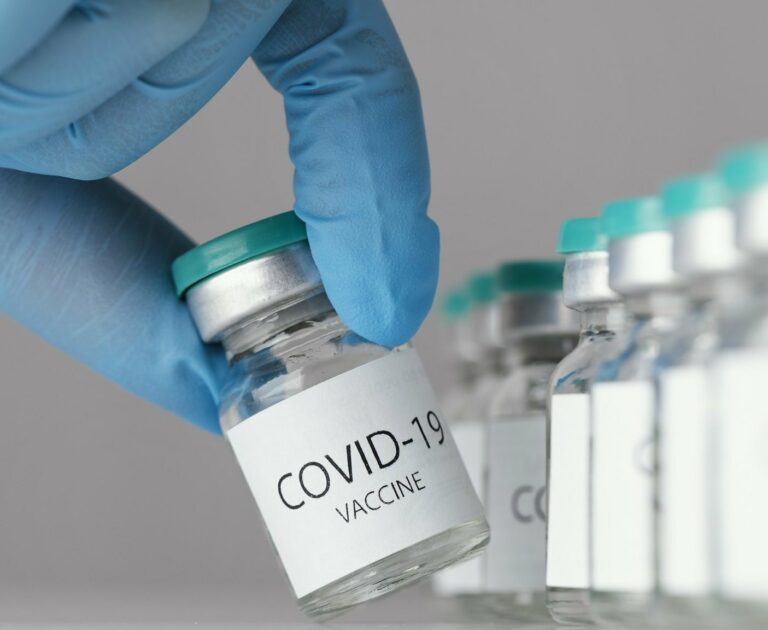Compulsory licensing
- Founded
- Stipulated in the TRIPS Agreement since it took effect in 1995.
- Governance
- World Trade Organization (WTO) and its member states.
- Funding
- Not applicable.
- Description
The WTO’s Agreement on Trade-Related Aspects of Intellectual Property Rights (TRIPS) establishes minimum standards of protection that each member state must give to the intellectual property held by fellow WTO members. It also provides flexibilities in the field of patent protection. Patents encourage innovation and adequate compensation for their holders. Conversely, patents foster monopolies and overpricing.
To protect human rights, interference in exclusive patent rights is possible through one of the TRIPS flexibilities: the issuance of a compulsory license. Under TRIPS, state authorities can authorize a state agency or another pharmaceutical company than the right holder, to produce and sell the right holder’s patented product during the patent protection term. This act does not require consent of the right holder and predominantly intends to supply the domestic market with a generic copy of the product, but TRIPS includes claws for exportation too.
Compulsory licensing is limited to lifting protection of patents, and does not involve transfer of other protected data, know-how and technology regarding the patented product. The original right holders can be financially compensated through royalties by the national governments.

Strengths
- Acknowledges that human lives are more important than protecting right holders’ (economic) rights.
- Can enhance accessibility of Covid-19 related technologies both in terms of affordability and availability.
- Proven effective in enhancing access to various medical products.
- Can resolve deadlocks (slow-downs in technical progress) by urging patent holders to come to terms of an agreement with parties that can improve the product concerned.
- Counters the disproportionate advantage that high-income countries have from patent protection, as they have more patents to protect than lower-income countries.
- Predominance of national governments over the modus operandi of pharmaceutical companies.
- Fosters local generic pharmaceutical industry.
Weaknesses
- Case-by-case approach. Therefore too complicated, time-consuming and onerous for large scale global actions needed to fight the pandemic.
- More complex technologies (e.g. vaccines) might require know-how and technology transfer, which is not included in compulsory licensing.
- Exporting products under compulsory licensing is complex.
Review
Patent rights incentivize innovation as they provide pharmaceutical companies exclusive rights, allowing them to recoup their investment and possibly make profit from their invention. However, they also encourage monopoly and overpricing. Under certain circumstances, national governments may interfere in patent protection to secure their population’s right to health. Compulsory licensing can arrange this, as it can result in increased supply and lower prices.
The Covid-19 pandemic, the inequal access to Covid-19 technologies and the apparent unwillingness of pharmaceutical companies and high-income countries to stem this tide, can form a valid reason for countries with limited or no access to establish this after all through issuance of a compulsory license. Due to procedural requirements under (inter)national regulation, this can be a lengthy operation. For countries with domestic manufacturing facilities, this process will be faster than for those who have to import products under a compulsory license. The success of exporting under a compulsory license also depends on the willingness of countries to facilitate the process (such as in the case of Canada and Biolyse, see link under ‘More info’).
Additionally, for more complicated technologies, patents are most probably not sufficient to safely and effectively set-up a production line. For those products, undisclosed information, know-how and technology must be shared too. Alternatively, research is needed to obtain that data, which requires time, scientific expertise and the right infrastructure. To conclude, compulsory licensing has potential to improve access to Covid-19 related medical products, but it is no silver bullet.